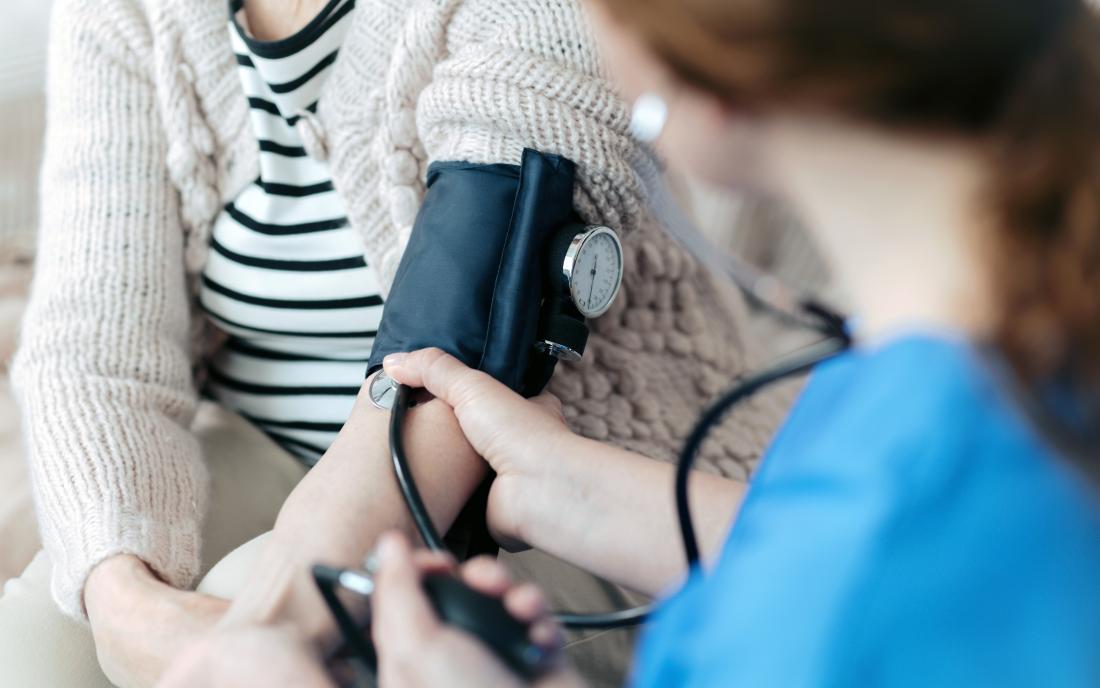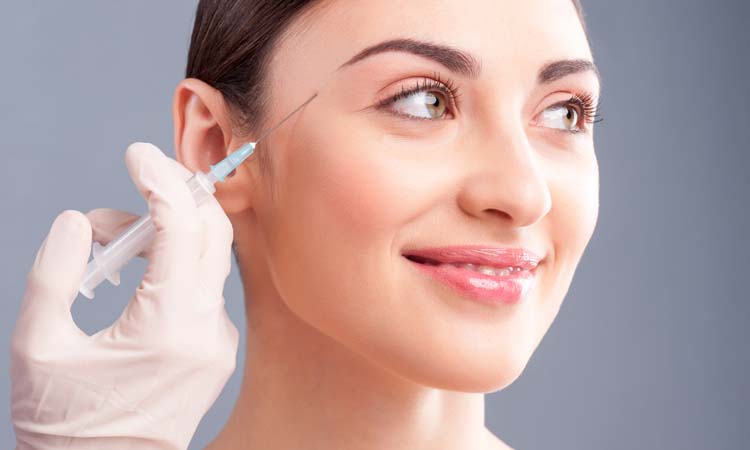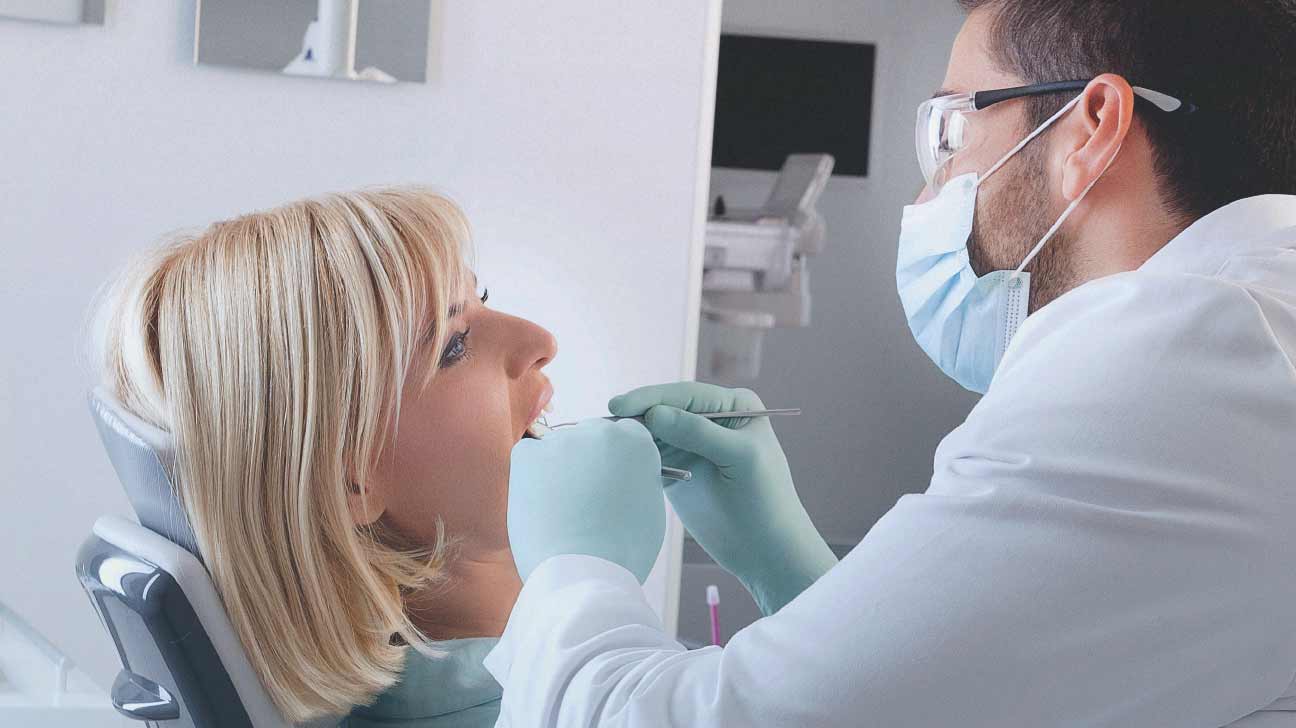Recommended Health Screenings that Every Woman Needs

As we age, the risk for several health conditions and diseases changes over time. One effective way to detect early signs of health issues is through regular screenings and check-ups. That way, you have more time to find and get the right treatment if you need one, providing you with better control over your health.
The health screenings that most women needs depend on their age or family and health history. Nonetheless, if you’re under 30 years old, it is advisable to get health tests at least every two years. Annual screening is recommended for people who are 30 and above. Also, more age-related tests will be done for individuals who are over 50. To give you an idea about the most common preventive health screenings, check out our list below.
- Wellness check
Physicals are essential to ensure that individuals are in good health or are receiving proper treatments and medications depending on their needs. Your doctor might give you certain immunizations like shots to prevent pertussis or whooping cough, measles, chickenpox or varicella, influenza, and mumps.
This screening is also the best time for you to discuss anything with your doctor, from the expected future health issues to the symptoms you should watch out for. Generally, a wellness check is recommended once a year.
- Breast cancer screenings
If an annual mammogram isn’t part of your life yet, you should start getting it now. Screening mammography is recommended for women who are at risk for breast cancer. Women at the age of 50 to 74 are at higher risks of getting breast cancer, while 40 to 49 years old should consult their primary physician regarding this. Early detection of this cancer can most likely lead to a less extensive treatment or better prognosis. Screening mammography can save your life, so don’t neglect it.
- Gestational diabetes screening
Unless you’re planning to safely stop your pregnancy with the help of a professional abortion doctor, this test is vital to avoid risks for you and your baby. Gestational diabetes is a health condition wherein women have high blood sugar levels during their pregnancy. Such condition posts risks to the health of both mothers and babies.
If you have this, you can expect complications while you’re pregnant until your delivery. Your baby might also develop type 2 diabetes and obesity later in life. Having an oral glucose tolerance test helps prevent this disease, particularly if you’re between 24 and 28 weeks pregnant.
- Pap smears
Another lifesaving exam you should consider is pap tests or pap smears. Fret not because this is just a simple procedure in which a specialist will collect cells from your cervix using a small scraper or brush. The samples will then be sent to the lab for testing to detect if they can turn cancerous over time. This prevents cervical cancer from developing.
Women at age 21 should start having Pap tests at least every three years until they are 65. However, make sure to consult your primary care physician or Ob/Gyn on how often you need a cervical cancer screening for a better individual recommendation.
- Blood pressure screening
As you age, your blood pressure also increases. High blood pressure is associated with risks for other serious health issues such as diabetes, stroke, and heart attack. A blood pressure screening is advisable to have at least every two years. An annual assessment can be required for people who are over 40 years old or those who are at risk of hypertension. Furthermore, if you have chronic health conditions, you have to get this text more often.
Another great thing about this test is that you can know the results right away. However, if you have a low or high BP, your doctor or nurse might suggest three more tests, which are at least a week apart.
You can also check your blood pressure at home for additional prevention and log the results you can take to your future screenings. The ideal blood pressure is less than 120/80 mm Hg, while a high BP is 130/80 mm Hg or higher.
Final words
Most of these health screenings usually take about 30 minutes or half a day, depending on your health, age, or the number of tests your doctor needs to perform. That said, take time to do them regularly to avoid any risks or complications that can make your body and health suffer. After all, it’s even more cost-effective to pay for routine check-ups than pay for expensive treatments for more serious health issues.












